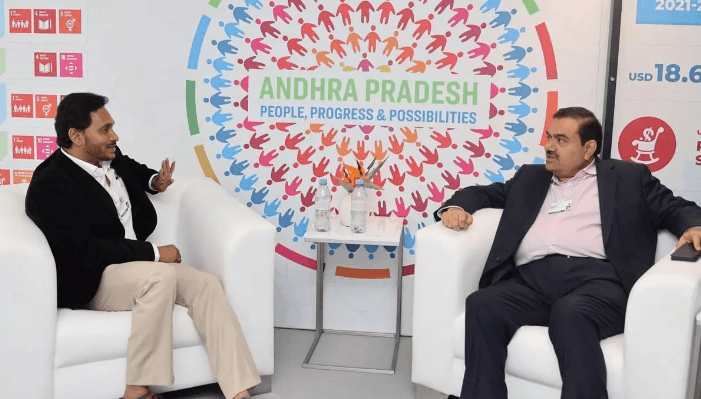Raids on Journalists in Delhi: A Combination of Media Repression and Politics of Distraction
Raids on Journalists in Delhi: A Combination of Media Repression and Politics of Distraction
New Delhi woke up to a rather oppressive morning today. Homes of several journalists and commentators associated with the news outlet NewsClick were raided and Delhi police has started interrogations in matters it terms as “related to terror links” in a case involving the draconian Unlawful Activities (Prevention) Act (UAPA).
In a move which is reminiscent of the 1975-77 Emergency period, a number of senior journalists and writers including Abhisar Sharma, Bhasha Singh, Urmilesh, Prabir Purkayastha, writer Githa Hariharan, Aunindyo Chakravarty, activist and historian Sohail Hashmi and satirist and stand-up comic Sanjay Rajaura were ‘raided’ early this morning. Prabir Purkayastha is also the Editor of the portal NewsClick. The homes of activist Teesta Setalvad and veteran journalist Paranjoy Guha Thakurta were also raided.
It is assumed that the raids are in connection with FIR number 224/2023. This case was filed on August 17, 2023, and invokes several sections (13, 16, 17, 18, and 22) of the draconian UAPA, along with 153(a) (promoting enmity between different groups on grounds of religion, race, place of birth, residence, language, etc., and doing acts prejudicial to maintenance of harmony) and 120 (b) (party to a criminal conspiracy other than a criminal conspiracy to commit an offence) of the Indian Penal Code.
Setalvad, who lives in Mumbai, was questioned by Delhi police officers. Setalvad is the director of the think tank ‘Tricontinental: Institute for Social Research’, which has contributed articles to NewsClick. Journalist Subodh Verma, earlier with Times of India and now associated with NewsClick, was also raided.

Reliable sources confirm that police visited the houses of NewsClick employees across roles and levels and seized their devices. Employees were asked about whether they had reported on events like the farmers protest and the COVID pandemic in India. More people have put out word about their devices, laptops and telephones being seized.
The current FIR purportedly has its roots in an August report by the New York Times. Earlier in the year, BJP MP Nishikant Dubey had cited the New York Times report in the Lok Sabha to claim that Congress leaders and NewsClick had received funds from China to create an “anti-India” atmosphere.
The Press Club of India has registered concern at the raids and noted that it will be releasing a detailed statement. The Delhi Union of Journalists and National Alliance of Journalists also condemned the repressive action. (See full statement attached below)
During the raid, cops seized electronic evidence including laptops and mobile phones and took data dumps of hard disks. The searches were apparently based on inputs shared by the Enforcement Directorate (ED), indicating alleged unlawful activities by the suspects. According to sources, Delhi Police’s Special Cell has posed a list of 25 questions to some of the NewsClick journalists they interrogated. The questions pertained to Shaheen Bagh protests, farmers protest, North-east protests and details of their foreign travel.

The Delhi police also conducted a search at CPI(M) General Secretary Sitaram Yechury’s official residence in connection with NewsClick. The raid was conducted on an employee of CPIM, Shree Narayan. Narayan’s son works at NewsClick. Yechury reacted to the raids at his residence and said, “Police came to my residence because one of my companions who lives with me there, his son works for NewsClick. Police came to question him. They took his laptop and phone. What are they investigating, nobody knows. If this is an attempt to try and muzzle the media, the country must know the reason behind this.”
On being asked about the raids, Union Minister Anurag Thakur said, “I don’t need to justify it… If anyone has committed anything wrong, search agencies are free to carry out investigations against them under set guidelines.” An investigation by the Enforcement Directorate revealed an alleged fraudulent infusion of foreign funds to the tune of Rs 38.05 crore during a short span of three years. The scrutiny of the evidence by the probe agency revealed questionable infusion of foreign inward remittance of Rs 9.59 crore by way of Foreign Direct Investment (FDI) and Rs 28.46 crore by way of export of services.
India has been falling sharply and by a huge number of ranks down the World Press freedom Index and is currently in the bottom 20 countries. It is among the lowest ranked in the G20 countries too as far as Press Freedom is concerned. Democratic backsliding has been recorded by all global indices, Freedom House, V-Dem, the Economist index regularly since 2015.








